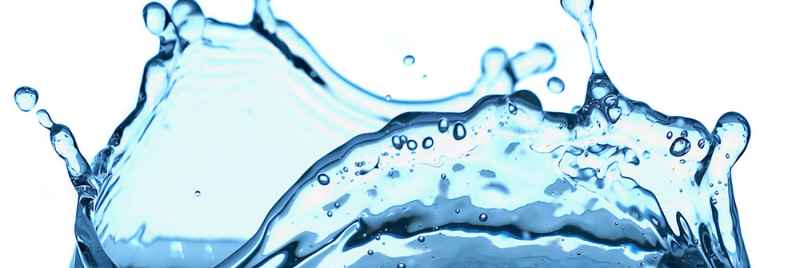Some life lessons are best learned early on. The value of water is definitely one of them. It’s never too early to teach facts about water for kids, so get started as soon as you can and help them to look after the world around them. If you’re not sure where to start, read on for a few water and water pollution facts for kids to get their heads around.
Shower and bath water facts for kids
Your home is where your kids will have most access to water, so it’s important to teach plenty of water facts for kids early on. Did you know that:
An average bath consumes between 60 to 90 litres of water.
Doctors recommend adults drink 2.2 litres of water each day – that means that a deep bath uses enough water for one person to drink in a month!
The ideal shower should take 4 minutes
If you put a bucket in your shower to collect excess water, you can reuse it to water your plants
Fun water-saving activity: if you want to make learning about and conserving water more fun for you and your family then why not play a game of shower races? Using a kitchen timer, see which family member can wash the fastest, aiming for 4 minutes. The person who spends the least amount of time showering over the week can get a small prize.
Bathroom water facts for kids
Kids love their toilet humour, so put it to work! Give them a good laugh by teaching these water pollution facts for kids:
On average, a toilet flush consumes between 9 to 15 litres of water.
A family will flush almost enough water in a single day to fill a bath
Initiatives, like Roundabout Water Solutions’ PlayPumps, help to provide clean water in South Africa while letting kids have lots of fun
Save water when you flush the toilet but using the smaller button or lifting the handle up once your waste is cleared away as it stops the cistern refilling completely
Not leaving the tap running when brushing your teeth can save enough water for one person to drink for three and a half days
Wash your hands with water from the cold tap, not the hot, to save water and energy
Kitchen water facts for kids
Here’s one for the parents: your children learn how to perform basic household tasks, such as washing dishes and doing laundry, by watching you! Here, more than anywhere else, it’s important to lead by example. Here are a few water pollution facts for kids – and you!
Water with oil and grease in it from washing pots and pans is considered as dirty as toilet water! Keep this waste out of the water system by mopping up excess oil and grease with a paper towel before doing your washing-up
Help prevent water pollution by scraping food scraps off your plate and putting them in the waste, rather than washing them down the drain
Use leftover dishwater to water your plants. It’s all organic after all
Facts about water for kids going outdoors
When you and the little ones are out and about, it’s important to keep some pollution facts for kids up your sleeve. You’re already teaching them not to litter, so remind them that litter can find its way into water through drains, too. If they’re helping you wash the car, there are some important water facts for kids there too. For instance:
You’ll save water and time if you rinse your car from the top down
The average car can be cleaned with four buckets of water, or about 40 litres
Using a hose can use ten times as much water as washing with a bucket
A watering can can help you get water where you need it to go
If you or your little ones want to know more, look for environmental organisations around your local community; many of them carry factsheets full of water pollution facts for kids, and you might even find some conservation activities to take part in.
And remember, if you have a small load of washing, rather hand wash that load with hand wash powder instead of putting it in a washing machine – you will also save litres of water this way.
Have fun and save water!


